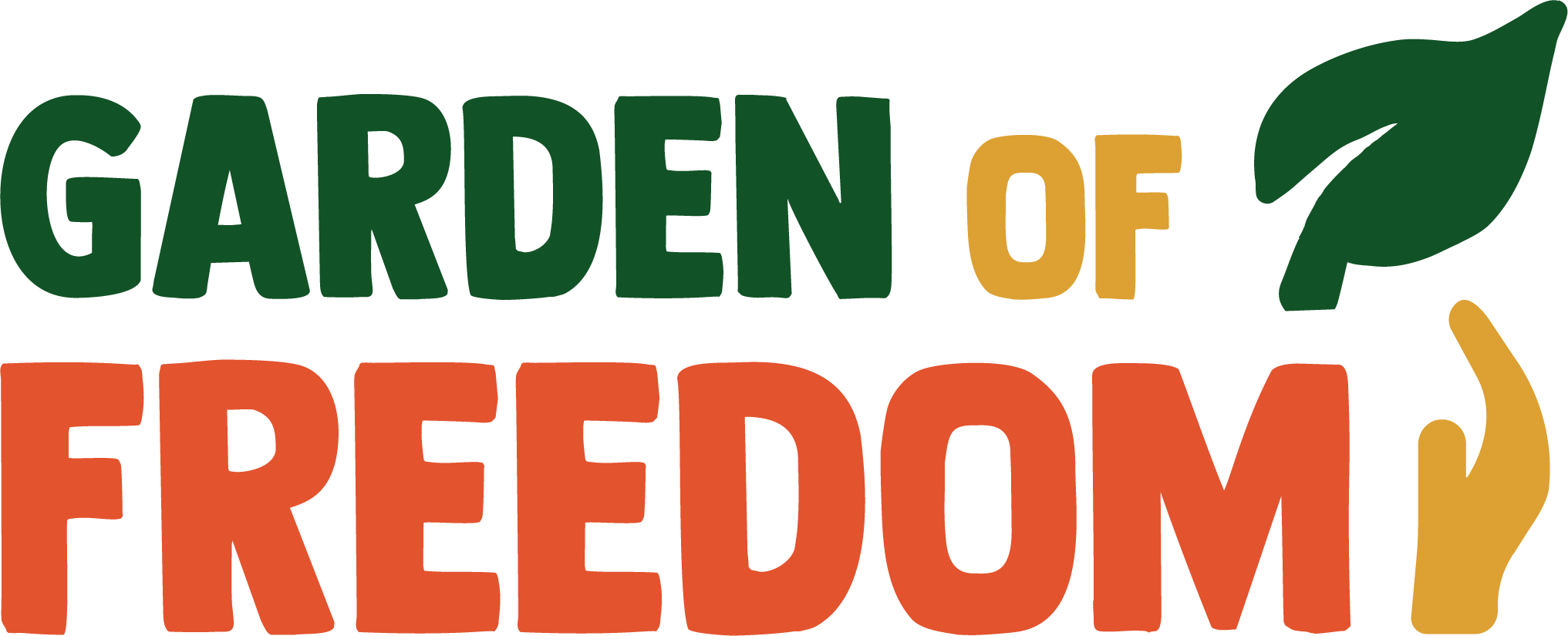First of all we need to have a realistic view on the current state of the world. The need for constant economic growth and progress has wounded mother earth. Despite all the effort for change it seems that we are still stuck in old habits and to this day we as a species are still a destructive force on this planet. In the last few years the species extinctions have even been accelerating, deforestation is also accelerating, global emissions are increasing and if we don’t start paying attention to our soils we will have to face serious problems. 52% of the world’s agricultural land is already damaged or degraded. And the ecological crisis is not the only one we need to face, world-wide mental health diseases are on the rise. We believe this partly has to do with the loss of purpose in society and a disconnection from nature. But there is a positive twist to this story because we believe we have found a solution in Permaculture.

The positive effect
Permaculture or restoration agriculture is a type of agriculture that creates an abundance of food within a living ecosystem by mimicking natural systems. By improving the biodiversity and enhancing the soil with fresh compost. The system is constantly improving and becoming more complex. Permaculture is based on a set of ethics and principles like taking care of the earth and the people and returning the surplus. Imagine a farm with all kinds of veggies and herbs, trees and shrubs that produce delicious berries and nuts, chickens for eggs and their droppings for compost. Scientists have found that you can even produce more food while using these methods and increase fertility of the farm every year. Another big advantage is that by planting trees and perennial crops that don’t die every year, you store carbon in the soil and this can help to slow climate change. Conventional farms are plowing their fields. This then leads to the carbon leaking into the atmosphere, soil life is destroyed and erosion is likely to occur, but don’t be too quick to blame the farmers.
What connects an animal to its surroundings? It is the food it consumes inside its own habitat. We as Humans completely lost this connection, we buy our overproduced products at the supermarket and most of the time don’t even read the 20+ ingredients mentioned on the back. Often these ingredients were shipped from all over the world and produced in a country where manufacturing is cheap and then shipped from the distribution center to your supermarket. Because of this long supply chain farmers need to be paid as little as possible so that the other companies can still make a profit. This makes farmers obligated to produce more and faster to keep their head above water. Farmers all over the world are protesting because of bad work conditions and unresolvable debt. Some want to make the change to more regenerative practices like permaculture, but the banks where they have their loans are not making it possible. The thing I find the most disturbing is that young people don’t want to be farmers any more but how can you blame them, most farmers don’t even want their children to become farmers.
From our point of view
We found so much joy in farming in our garden, and there is so much new science on how farmers can be a positive factor to their surroundings by increasing fertility and biodiversity while building a sustainable future for their children instead of degrading their lands and getting further into debt by buying chemical fertilizer. How developed is a society that does not listen to the cries of the people that grow their food?
We are convinced that if we can show people how satisfying and fun it can be to farm, we have a chance to solve this problem from the bottom up. We need to create millions of small permaculture communities and farms that can grow healthy food while restoring nature and taking care of their inhabitants. We believe we have the ability to connect with the youth through multiple media outlets and in real life by hosting workshops and youth camps. Let’s come together and build a healthy world that includes nature.








Great Site!
Wat een mooie website en interessante nieuwsbrief. Ik volg graag jullie verhaal, de hobbels, het avontuur etc. Ik woon in Frankrijk en vorig jaar is mijn dochter met man, kinderen en nog een jong echtpaar een bio dynamisch bedrijf begonnen, tenminste aan het opstarten, in Zuid Frankrijk. Misschien kunnen jullie een hoop van elkaar leren. Hun site is onzefranseboerderij.NL Ik hoop dat nog veel mensen deze initiatieven nemen om de aarde te beschermen en leefbaar te houden.
Hoi Rita, wat een lieve reactie! En bedankt ook voor de tip, we gaan ze zeker even volgen! Wat goed ook dat ze het op hun website hebben over Save Soil, iets waar we volledig achter staan. We zullen binnenkort even contact opnemen. Groetjes